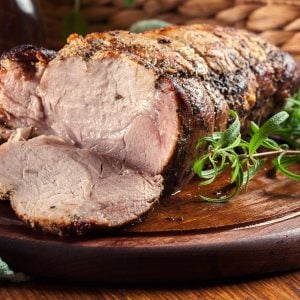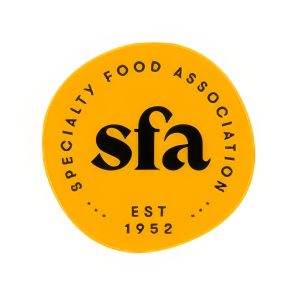Mistake #6: Not Looking at Accreditation
In culinary education, the value of accreditation is much like the value of a diploma program. Some accreditations mean quite a bit and should be a standard part of any school you consider. Other accreditations mean little more than the school paying an annual fee to an “Accreditation Body” that comes up with its own guidelines and qualifications that may or may not be important.
For example, some schools will make a big deal from their accreditation page on their websites, but they never elaborate on what that accreditation means. Before you take any school’s word for it, make sure you know what the accreditation is for and how it ranks with the U.S. Department of Education.
Culinary Accreditation that Counts
The largest and most important accrediting institution is the American Culinary Federation Foundation Accrediting Commission (ACFFAC), which the Council for Higher Education Accreditation recognizes. If a school has this seal, it is most likely one of the better culinary institutions in the United States, and you can be guaranteed a higher-quality education.
However, a school without ACFFAC accreditation may still be reputable. Other accrediting bodies that are generally accepted in the food and restaurant industry include:
Accrediting Commission of Career Schools and Colleges of Technology (ACCSCT)
European League of Institutes of the Arts (ELIA)
International Council on Hotel, Restaurant, and Institutional Education (CHRIE)
National Restaurant Association Education Foundation (NRAEF)
Retailers Baking Association (RBA)
In truth, it can often be difficult to determine what a quality school is and what a part of the “diploma mill” scams is. These diploma mills offer degrees based on money paid rather than skills development or academic achievement. They can usually be spotted by a strong emphasis on accreditations that aren’t in the above list, licenses and state registrations, and getting credits for professional development (rather than building skills for professional development).
If you’re unsure, it’s always best to check with the Better Business Bureau and the U.S. Department of Education before signing any paperwork. A list of schools recognized and approved by the U.S. Department of Education can be found at Regional Accreditation.
Regional Accreditation
Another type of accreditation that isn’t necessary but very helpful is regional accreditation. This is the type of accreditation carried by public universities and community colleges that allows students to transfer credits from one school to another.
For example, suppose you are attending a vocational training facility or other private culinary institution. In that case, transferring credits can often be difficult because their curriculum is not recognized anywhere else. Some less reputable schools do this on purpose, so you will have fewer reasons to quit their program since you can’t finish it anywhere else.
As a rule of thumb, remember that if you are looking at a school not accredited by the list above and not carrying regional accreditation, you are most likely not looking at the right school for you.
The regional accrediting bodies are:
Middle States Association of Colleges and Schools
New England Association of Schools and Colleges
North Central Association of Colleges and Schools
Northwest Commission on Colleges and Universities (NWCCU)
Southern Association of Colleges and Schools (SACS)
Western Association of Schools and Colleges
More information on regional accreditation and how to avoid diploma mills can be found at the Council for Higher Education Accreditation.
Is A Culinary Career Right For Me?













5 Responses
Is Helms College(Culinary A.A.S, program) in Augusta Ga properly accredited?
From their website: “Helms College and its culinary programs (the Polly Long Denton School of Hospitality in Macon and the Augusta School of Hospitality) are licensed by the Georgia Nonpublic Postsecondary Education Commission (GNPEC) and nationally accredited by the Accrediting Council for Continuing Education & Training (ACCET).”
Is the escoffier online-culinary diploma accredited?
Hi Shandrea, you will have to contact the school for more details.
Could you tell me the difference, if any, between a culinary school that’s accredited by the ACFFAC. And a culinary program that’s listed as an ACFEC “quality program.” Will the quality of training be the same or similar?
Thank you.